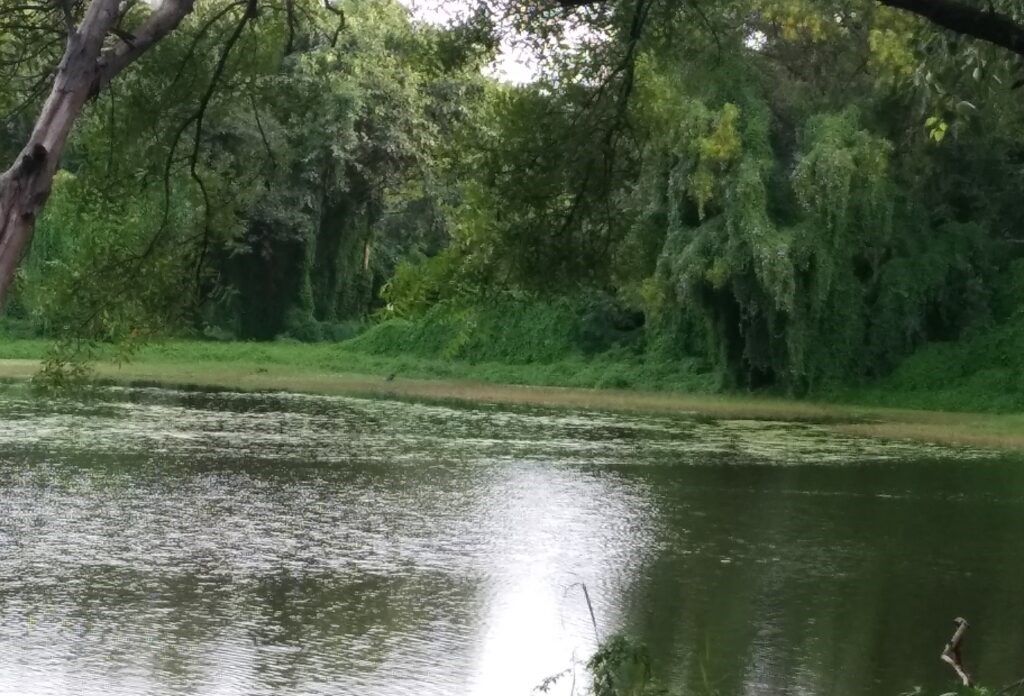
In the heart of Bengaluru's bustling J. P. Nagar 7th Phase, lies a revitalized testament to the power of community action and ecological restoration – Puttenahalli Lake. This small but significant freshwater lake, not to be confused with its namesake near Yelahanka, serves as a sanctuary for avian life, a recreational space for residents, and a shining example of sustainable urban development in the face of rapid urbanization. Once a neglected and polluted water body, Puttenahalli Lake has transformed into a thriving ecosystem, attracting tourists and nature enthusiasts alike.
Location and Significance:
Nestled between the "Brigade Millennium" and "L&T South City" residential complexes in BBMP ward 187, Puttenahalli Lake, spanning 13 acres 25 guntas with a 1.1-kilometre perimeter, offers a serene escape within the urban landscape. While smaller than the nearby Jagranahalli (Sarakki) and Churchaghatta Lakes, its significance lies in its transformation from a dying water body into a thriving ecological hotspot. Its convenient location makes it easily accessible and a popular destination for both locals and visitors seeking respite from the city's hustle.
A Tale of Deterioration and Restoration:
Like many of Bengaluru's historical lakes, Puttenahalli Lake fell victim to the pressures of rapid urbanization. Centuries ago, it served as a pristine source of drinking water. However, unchecked development, encroachment by informal settlements, and the relentless dumping of garbage and sewage led to its degradation. The lake nearly dried up, its ecosystem collapsed, and it became a symbol of neglect.
The turning point arrived with the formation of the Puttenahalli Neighbourhood Lake Improvement Trust (PNLIT), spearheaded by the visionary Usha Rajagopalan. Recognizing the urgent need for intervention, the PNLIT embarked on a mission to revitalize the lake, focusing on community engagement and sustainable practices. The core strategy was simple but effective: harness local support through donations and actively involve residents in the restoration process. Crucially, the PNLIT ensured the diversion of rainwater into the lake while preventing the inflow of sewage and pollutants.
A Thriving Ecosystem and Birdwatcher's Paradise:
The PNLIT's efforts yielded remarkable results. Puttenahalli Lake has undergone a complete transformation, attracting an impressive array of wildlife. Over 62 species of birds and 15 species of butterflies now call the lake and its surrounding areas home, drawn to the diverse array of planted shrubs and trees.
For birdwatching enthusiasts, Puttenahalli Lake is a true paradise. Sightings of over 80 species, including both migratory and resident birds, have been recorded at this Puttakere hotspot on EBird, a global platform for bird observations. Visitors can spot Gray and Purple Herons, Little and Cattle Egrets, Indian Pond Heron, Spot-billed Ducks, Brahminy Kites, and many more. The melodious calls and vibrant plumage of these avian residents create a captivating experience for nature lovers.
Floral Beauty and Recreational Opportunities:
Beyond its avian attractions, Puttenahalli Lake boasts a diverse array of flora. The carefully cultivated landscape features African Tulip trees, Bottlebrush trees, Curry trees, Custard Apple trees, Indian Almond trees, Indian Mahogany trees, Mango trees, Neem trees, White Teak trees, Bamboos, Bougainvillea, and Rosewood trees. This combination of native and ornamental species creates a visually appealing and ecologically diverse environment.
Recognizing the importance of providing recreational opportunities for the community, a well-maintained walking track encircles the lake. Dustbins are strategically placed along the track to encourage cleanliness. A canopy has also been built, providing a shaded space for visitors to relax, socialize, and enjoy the tranquility of the lake.
Sustainable Management and Community Partnership:
The PNLIT's commitment extends beyond the initial restoration efforts. They continue to work closely with the Bruhat Bengaluru Mahanagara Palike (BBMP) to ensure the long-term maintenance and sustainability of the lake. The implementation of rainwater harvesting strategies and the construction of diversion channels to capture monsoon runoff have significantly contributed to the lake's water levels. Sewage water has also been diverted into underground drains, preventing further pollution.
The PNLIT's pioneering efforts led to them becoming the first citizens' group in Bengaluru to officially maintain a lake through a Memorandum of Understanding (MoU) with the BBMP. This partnership underscores the importance of collaborative governance and community involvement in environmental conservation.
Ongoing Enhancements and Future Prospects:
The efforts to enhance Puttenahalli Lake are ongoing. The Karnataka State Pollution Control Board (KSPCB) has approved a proposal to channel treated water from the "L&T South City" residential complex, which has its own sewage treatment plant, into the lake. This initiative will add approximately 400 kilolitres of clean water to the lake daily, further boosting the water table and supporting the bird population.
Addressing the issue of encroachment, the Upa Lokayukta is actively working towards the rehabilitation of informal settlements that have encroached on a portion of the lake area.
Tourism and Ecotourism Potential:
Puttenahalli Lake has the potential to become a significant tourism destination, particularly for those interested in ecotourism and nature photography. The lake's biodiversity, coupled with its accessible location, makes it an ideal destination for birdwatchers, nature enthusiasts, and families seeking a peaceful retreat. Further development of eco-friendly tourism initiatives could generate revenue for the local community and support the ongoing conservation efforts.
Conclusion:
Puttenahalli Lake is more than just a restored water body; it is a symbol of hope, resilience, and the power of community action. Its transformation from a polluted eyesore to a thriving urban oasis demonstrates the positive impact that can be achieved through collaborative efforts, sustainable practices, and a deep commitment to environmental conservation. As Bengaluru continues to grow, Puttenahalli Lake serves as a valuable reminder of the importance of preserving and restoring our Natural Resources for the benefit of present and future generations. Its success story offers a blueprint for other communities to replicate, transforming neglected water bodies into vibrant Ecological Spaces within urban environments.